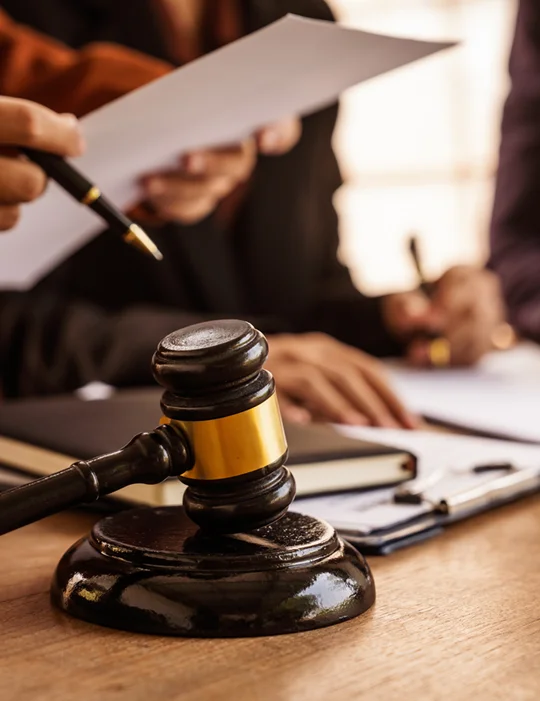What to Know If You’re Facing Criminal Charges in Washington
Facing criminal charges — or even hearing you’re “under investigation” — is terrifying. The moment those words are said, life changes. Your phone feels heavier, your pulse jumps when it rings, and every conversation sounds different. You start replaying everything you said, every decision you made, wondering how something that took seconds could now define you.
The truth is, most people have no idea how the criminal justice system actually works until it’s staring down at them. Until, that is, the state of Washington – the government – is staring down at them . . . because that’s what those accused are really facing, the full weight of the government.
The criminal process is confusing, the language is loaded, and the timeline moves too fast to feel fair. That’s why early, accurate information matters. Understanding what’s coming — and what not to do — can mean the difference between a temporary problem and a lifelong record.
At Knauss Law, we’ve guided countless clients through the shock and chaos of those first few days. This FAQ breaks down what really happens in Washington when you’re arrested, investigated, or charged — the questions people are too afraid or too overwhelmed to ask. Here’s what you need to know before you start making decisions.


Frequently Asked Questions
What’s the difference between a misdemeanor and a felony in Washington?
A misdemeanor carries up to 90 days in jail. A gross misdemeanor can mean up to a year. A felony involves potential state prison time and long-term consequences for voting, firearm rights, and employment. The same conduct can sometimes be charged either way — which is why defense strategy early on can determine the level of offense, not just the outcome.
Talk to a Washington Criminal Defense Attorney Today
Most criminal cases aren’t won in court — they’re prevented from ever getting that far. The sooner strategy replaces reaction, the stronger your position becomes.
If you’ve been arrested, charged, or even suspect you’re being investigated, contact Knauss Law now. We intervene early, analyze fast, and make sure the State’s version of the story isn’t the only one that gets told.

